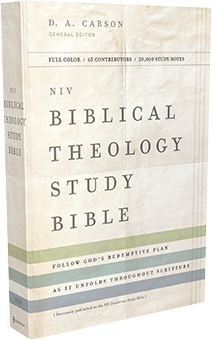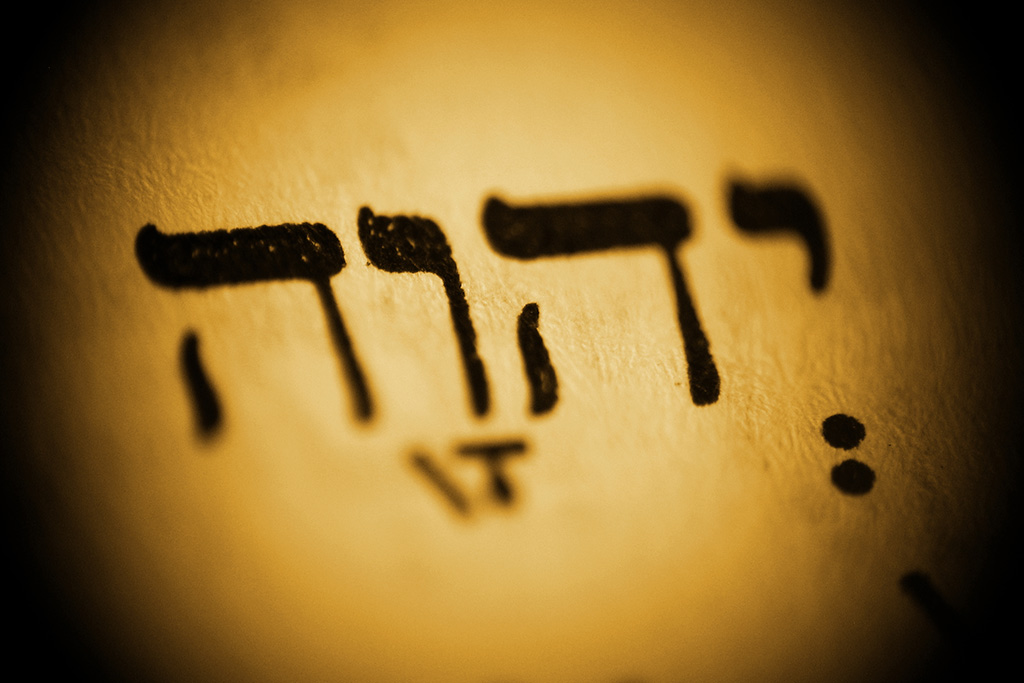
What Is Holiness?
Holiness is woven through the Bible’s storyline. And the Bible fundamentally equates holiness with God.
What Is Holiness?
“Holiness” is commonly defined as being separate or set apart. God is holy in that he is set apart from everything that is not God, and God’s people must be holy by being set apart from sin. Holiness according to this definition is separateness that entails moral purity. Beyond that, how do we describe the essence of holiness and distinguish different senses in which people and things can be holy? And while only God is holy there is also a sense in which others can be holy.
God Is Holy
“Holy” in its most focused usage is an adjective uniquely associated with God such as in the Bible verse, “Holy, holy, holy is the Lord Almighty” (Isaiah 6:3; Revelation 4:8). Surely this loses something if rendered “Separate, separate, separate” or “Moral, moral, moral.” Saying “God is holy” is like saying “God is uniquely God” or “God alone is God.” In this context, the word “holy” becomes almost an adjective for God. That God swears by his holiness (Psalm 89:35; Amos 4:2) is like saying that he swears “by himself.”
God is supremely and exclusively God. He has no rivals. As uniquely excellent, he is his own category – “There is no one holy like the Lord; there is no one besides you” (1 Samuel 2:2). The Bible calls God “the Holy One” over 50 times and calls the Spirit of God “the Holy Spirit” over 90 times.
People and Objects Are Holy in Relation to God
While God alone is innately holy and His name is holy, the use of the word “holy” stretches out in widening circles to apply to people and things. If human beings or things are holy, they are holy only derivatively – not because they are divine or moral but because God restricts them for his special use. Everything belongs to God, but in a narrower sense some things and people belong exclusively to God in a special way. For example, heaven – God’s dwelling place – is holy (Deuteronomy 26:15). God also refers to angels as his “holy ones” (Psalm 89:5 – 7) and “the holy angels” (Mark 8:38).
Israel Was Responsible to Be Holy
God commanded Israel, “You are to be my holy people” and “You are to be holy to me because I, the Lord, am holy, and I have set you apart from the nations to be my own” (Exodus 22:31; Leviticus 20:26). Israel was responsible to regard God as holy by obeying his commands regarding rituals and morality. They were to keep God’s Sabbaths holy and the priests were to “distinguish between the holy and the common, between the unclean and the clean” (Leviticus 10:10). But because Israel continually profaned their holy God who judges unholy people, God graciously met the need of sinful humans with a holy Savior.
Holiness Embodied and Accomplished: Jesus
Who can stand in the presence of the Lord, this holy God? Only one can stand on his own merits: Jesus. He is holy and true (Revelation 3:7; 6:10). Jesus is the one whom the Father set apart as his very own (John 10:36). The angel Gabriel announced to Mary, “The holy one to be born will be called the Son of God” (Luke 1:35) and an unclean demon recognized Jesus as “the Holy One of God” (Luke 4:34). Jesus made unclean people clean by touching them, and he never became unclean because he is inherently holy. Peter called Jesus “the Holy One of God” (John 6:69), “the Holy and Righteous One” (Acts 3:14), and God’s “holy servant” (Acts 4:27,30).
Jesus Makes People Holy
Jesus is both the Holy One and the one who makes people holy (Hebrews 2:11). He is our righteousness, holiness and redemption (1 Corinthians 1:30). His perfect life and sacrificial death satisfied God’s holy wrath against sinners: We have been made holy through the sacrifice of the body of Jesus Christ once for all (Hebrews 10:10).
To serve in God’s presence, Old Testament priests were made holy by a consecration ritual involving atonement, purification, and eating a special meal. These same elements also underlie the Passover ritual, by which God consecrated Israel as a holy nation. This pattern continues in the New Testament. Jesus brings about a new exodus that consecrates believers as holy. God is uniquely present with the church, composed of both Jewish and Gentile Christians, because it is a holy temple in the Lord (1 Corinthians 3:17). God has chosen Christians to be a holy priesthood, a chosen people, a royal priesthood, a holy nation, and God’s special possession (1 Peter 2:5,9).
Christians Are Holy
When the Bible refers to Christians as “holy” or “sanctified,” it usually refers to definitive or positional sanctification not progressive sanctification. In this sense, every Christian is a saint; every Christian is holy; every Christian is sanctified. For example, Paul addresses the church at Corinth as “those sanctified in Christ Jesus and called to be his holy people” (1 Corinthians 1:2). They were already “sanctified” even though they were failing to be holy in several areas.
Christians are Responsible to Be Holy
God commands Christians, “Just as he who called you is holy, so be holy in all you do; for it is written: ‘Be holy, because I am holy’ ” (1 Peter 1:15 – 16, quoting Leviticus 11:44 – 45). Christians must worship God by offering their “bodies as a living sacrifice, holy and pleasing to God” (Romans 12:1). Since Christians belong exclusively to God, they must reflect God’s moral character with holy and godly lives. “It is God’s will that you should be sanctified: that you should avoid sexual immorality; that each of you should learn to control your own body in a way that is holy and honorable . . . For God did not call us to be impure, but to live a holy life” (1 Thessalonians 4:3 – 4,7).
Holiness Consummated: Glory
Paul prayed, “May he strengthen your hearts so that you will be blameless and holy in the presence of our God and Father when our Lord Jesus comes with all his holy ones” (1 Thessalonians 3:13). A day is coming when Christians will fully become what they already are positionally. The Old Testament anticipates the time when all of God’s people “will be called the Holy People, the Redeemed of the Lord” (Isaiah 62:12). Before God created the world, he chose his people in Christ to be holy and blameless in his sight. (Ephesians 1:4). With pure hearts God’s people will worship the Lord in the splendor of his holiness (1 Chronicles 16:29) like never before, joining the heavenly hosts who never stop saying: “Holy, holy, holy is the Lord God Almighty,” who was, and is, and is to come. (Revelation 4:8).
Drawn from an article by Andrew David Naselli from the NIV Biblical Theology Bible.

NIV Biblical Theology Study Bible
Marvel at the big story and savor each detail. The NIV Biblical Theology Study Bible allows you to ponder the individual stories and themes of Scripture while observing how they all fit together in God’s grand biblical narrative. Includes 20,000 verse-by-verse notes and hundreds of study features. (Previously released as the NIV Zondervan Study Bible.)
Learn More






Thanks so much for this good information
I am happy for the revelation of God’s Word by you. God bless you.
Wonderful explanation of all standards!
I am blessed by this study.
I seek holiness all the days of my life.
I have learned a lot. Thanks for this. I am am going to teach this to people in church.
This is great teaching.
Thanks a lot. I would just like to ask what steps one has to take to become Holy.